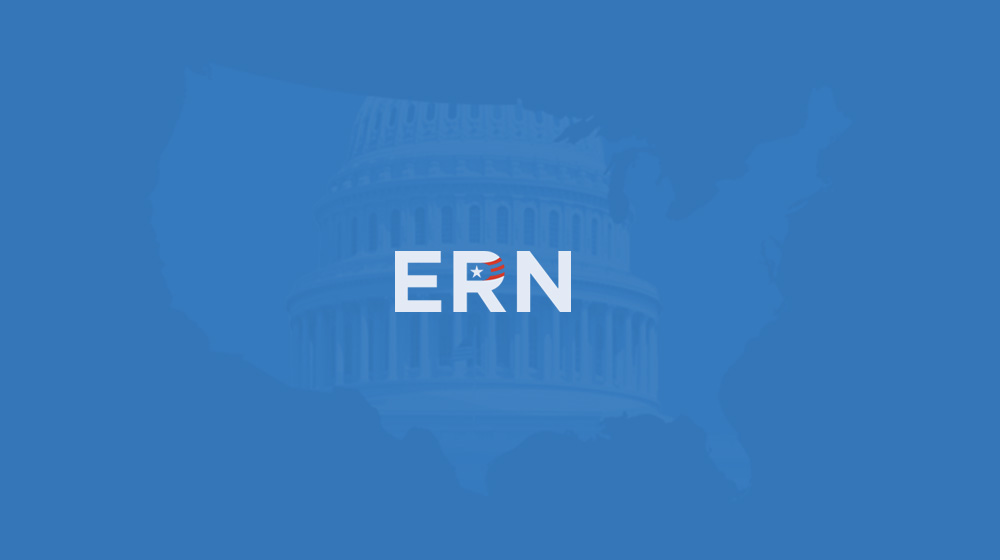
Policy Briefs


New Report on the University of Wisconsin Highlights Equity Gaps at UW-Madison vs. UW-Milwaukee

Per-Pupil Funding Inequities By Race/Ethnicity

Lessons For All From DC’s Bold Improvement Schools

No Commencement in the Commonwealth

The Moral Imperative to Tackle Higher Ed Reform

Recommendations for the Louisiana TOPS Commission
